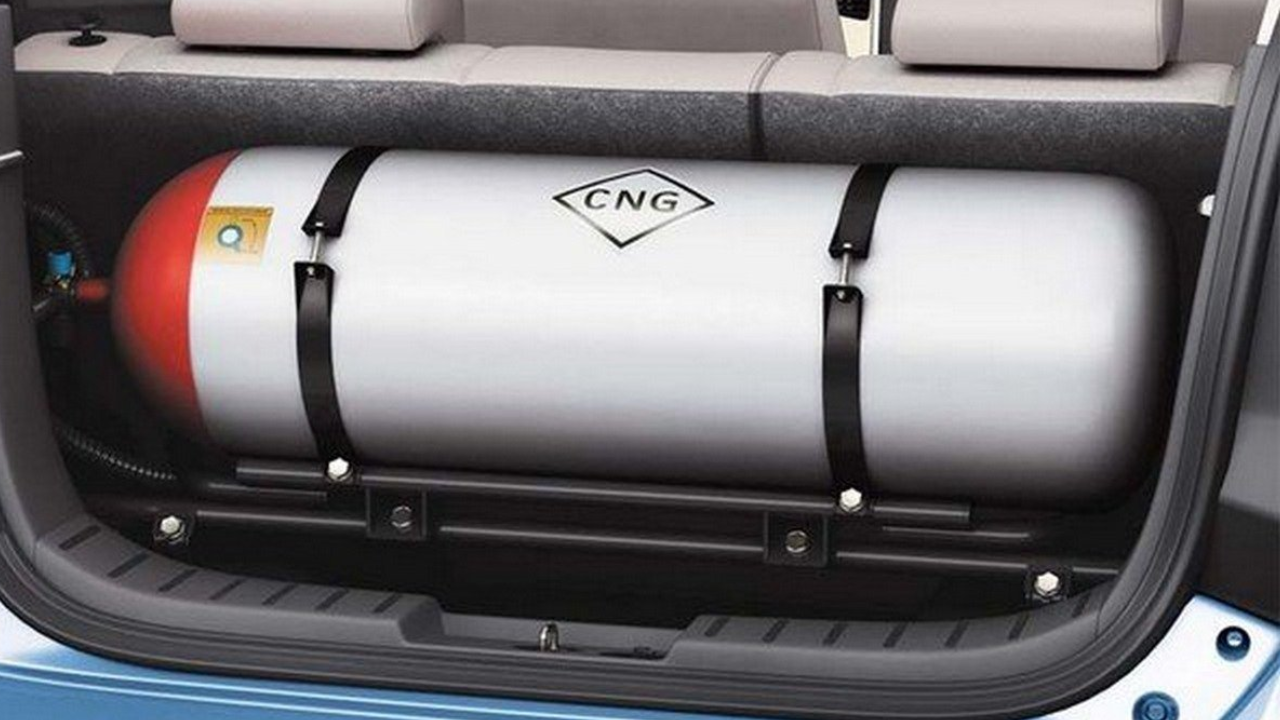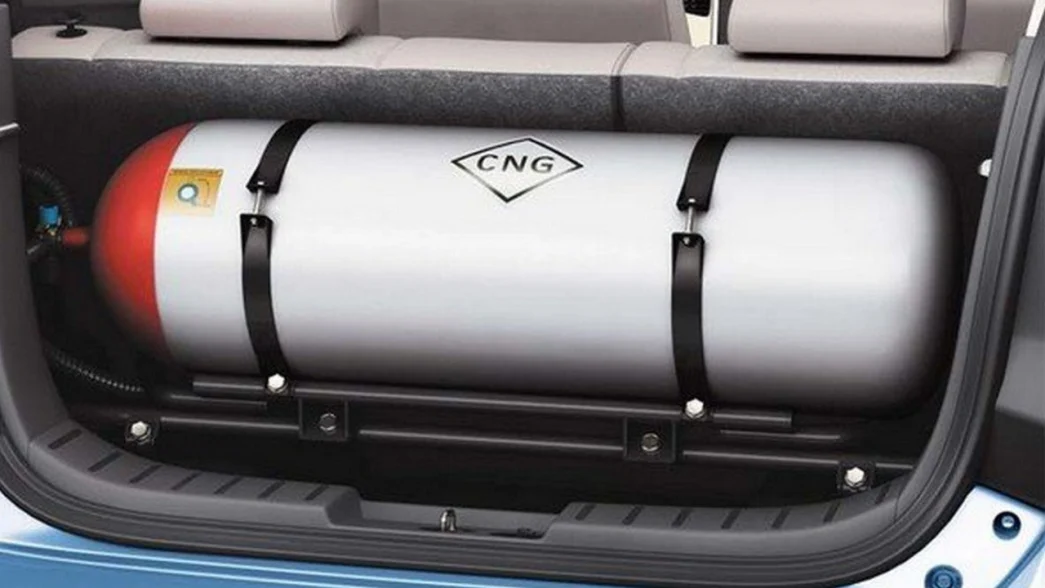The continuous rise in the price of fuel has facilitated the need for an alternative means of powering the transportation sector in Nigeria. In the past 17 months, the price of fuel has increased more than twofold and more than 400%.
Eighteen months ago, fuel was sold for prices between N190 and N240, but today, the prices have skyrocketed to between N950 and N1200. Meanwhile, this current price is only for a temporary period, as it may have increased by the time you read this article.
This persistent price increase always has a ripple effect as it adds to public anger with Nigerians already struggling with inflation of 33.4 percent. This has driven up transport costs and caused a cost of living crisis in many homes.
Environmental degradation is also a problem. Air pollution from petrol vehicles contributes to climate change and some health issues. Drivers of public transport companies are always exposed to smoke and other dangerous vehicle emissions, putting them at risk of health problems.
Advertisement
Hailed as Africa’s largest oil producer, Nigeria, with the help of technology, has embarked on a revolutionary journey, transitioning from petrol-powered vehicles to compressed natural gas (CNG) fuelled cars, aiming to lift the pressure off petrol, mitigate environmental pollution, and unlock economic benefits.
The federal government had in May begun the rollout of compressed natural gas-powered buses and tricycles beginning from Ilorin, the Kwara state capital. The target is to deliver 100 conversion workshops and 60 refuelling sites spread across 18 states before the end of 2024.
Programme director/chief executive of the presidential compressed natural gas initiative, Michael Oluwagbemi, explained that the potential value of the CNG market in Nigeria in the next five years should exceed $10bn and that the sector will witness massive growth as the buses and tricycles hit Nigerian roads.
Advertisement
CNG, a cleaner-burning fuel, offers numerous benefits by reducing harmful gas coming from the exhaust of vehicles like carbon dioxide and carbon monoxide. Also, CNG is non–toxic, non-corrosive, and non-carcinogenic, helping to promote public health.
However, the project is faced with challenges even as it continues to expand. The infrastructure gap is one obvious struggle the project is currently facing. There are Insufficient CNG conversion centres, especially in the south-eastern region of Nigeria, but this is a work in progress.
Vehicle compatibility is also a major challenge being faced as there are limited CNG-compatible vehicles. While petrol-powered vehicles can be converted to 100 percent CNG, diesel engines cannot be converted to run on 100 percent CNG but conversion can only be 50 percent diesel and 50 percent CNG. This limits the project to only cars and some buses, but not trucks and other heavy-duty vehicles.
“So, you cannot just use CNG alone for diesel-powered (vehicles) because they do not use spark ignition engines. So, the way diesel ignites is like compression. So, that means that you need the diesel for that ignition to happen. So, in that case, you would probably be able to convert a diesel engine to use 50 percent diesel and 50 percent CNG. In that case, you are not running 100 percent on the lower-priced and cleaner CNG.” Chinedu Oguegbu, managing director of OMAA Motors told TheCable.
Advertisement
Another difficulty the project is facing is the slow acceptance by the public. Most car owners are not aware of the initiative, talk more of understanding it. As a result, they could barely see the need to convert either their private cars or their business vehicles to CNG.
There is a need for a massive public awareness campaign to educate consumers on the importance of CNG and the benefits they will derive if they convert their vehicles.
Many experts are sceptical that this initiative may not be embraced by Nigerians in the long run. Some are also not sure if they will last a long time or just terminate abruptly. But a clear answer has been given to allay the fears of some people.
“There is simply no way to turn back on delivering CNG for all Nigerians. It is the right thing to do. Is it late? Yes, but we will make progress, we will cover the gap to ensure that the volatility we see with Premium Motor Spirit (petrol) does not apply to gas,” group chief executive officer of NNPC Limited Mele Kyari said in a statement in July.
Advertisement
As the conversion to CNG continues to gain momentum, Nigerians are looking to the new industry to generate employment, stimulate local economies, and sustain the environment by reducing pollution.
Israel Ojoko can be reached via [email protected]
Advertisement
Views expressed by contributors are strictly personal and not of TheCable.
Add a comment



